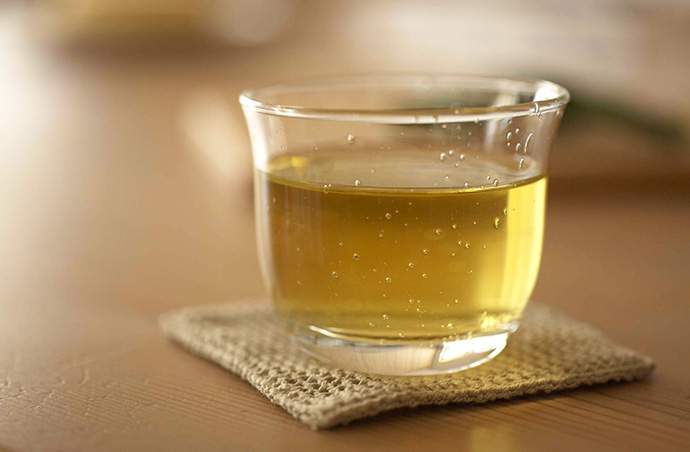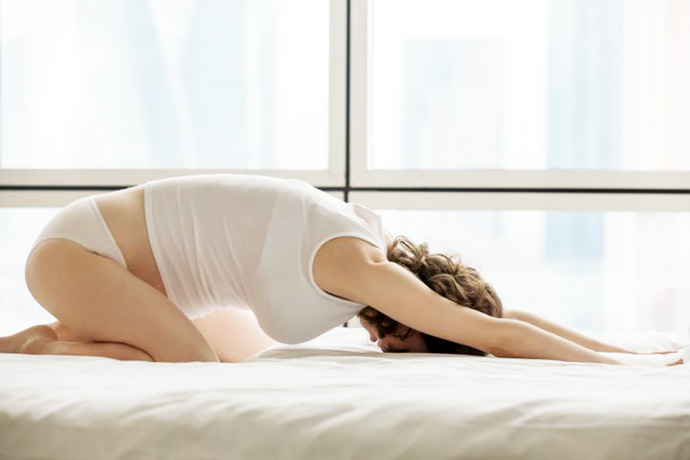Winter is nearing and a lot of people are gearing up for joint pain. There are many different theories about why the joints tend to hurt even more during the coldest months of the year. People are actually divided — some say their experiences serve as testaments while others believe that it’s just an old wives’ tale.
So if your joints are aching as the nights grow longer and longer and as the days grow shorter and shorter, read on. Below you will come across some of the probable reasons why joint aches are more common in winter.
A Drop in Air Pressure
When the weather gets cold, the air pressure drops. Such can cause gas and liquid molecules in your body to expand, including those that are situated in your joints. When that happens, the expansion that takes place in the joints applies unnecessary pressure against neighboring nerves, thus causing pain.
In addition, scar tissues that tend to form on injured areas of the body tend to expand and contract in strange ways when the air pressure drops, leading to pain and stiffness.
Reduced Physical Activities
During winter, we like to curl up no matter if we’re lying in bed or plopped on the couch. Remaining in that position for a long time can make us feel warm and comfy. Unfortunately, that’s something that can cause the muscles to stiffen up, and getting back on our feet can cause the joints as well as the affected muscles to hurt for a while.
The cold can also make it extremely challenging for us to engage in a lot of everyday physical activities, and being immobile for a long time can definitely cause those joints to become stiff and achy.
Less Exercise
It’s not just the freezing air that can make going to the gym less tempting, but also the hustle and bustle that tend to take place during the coldest time of the year. It’s no secret that lack of exercise can cause the muscles that support the joints to weaken, thus your joints receive more stress than necessary.
Especially if you have chronic joint pain, having your regular dose of exercise is important to maintain normal range of motion and to keep stiffness and inflammation at bay.
Decreased Vitamin D
The sun is an excellent source of vitamin D, a nutrient necessary for healthy bones and joints. During winter, we tend to get less sun because so many outdoor activities become momentarily unfeasible, plus the nights are much longer than the days. As a result of this, the body is not supplied with enough vitamin D.
Vitamin D is important for bone and joint health because it assists the body in absorbing calcium. Without vitamin D, it’s pointless to consume all the calcium-rich foods that you can think of.
Depression
Aside from helping the body to absorb calcium, vitamin D also assists in stabilizing the mood. It’s for this reason why a lot of people report of feeling depressed during wintertime even though there are lots of fun activities that take place during such part of the year. Health authorities say that depression can make us more sensitive to pain.
It’s likely that you are experiencing the very same level of joint pain during summer and winter, but since your mood is lifted during summer due to plenty of vitamin D, it’s likely that whining about the pain is the least of your concerns.
Stress
Just like what’s mentioned earlier, it’s during the coldest months of the year where a lot of activities take place. As a result of such, a lot of people end up stressed. Having high levels of the stress hormones can cause inflammation within, and inflammation is associated with pain and stiffness.
It’s also during the holidays where there are so many treats that can cause inflammation. If you’re not careful, it can be very easy for you to end up with achy joints during such time of the year.








